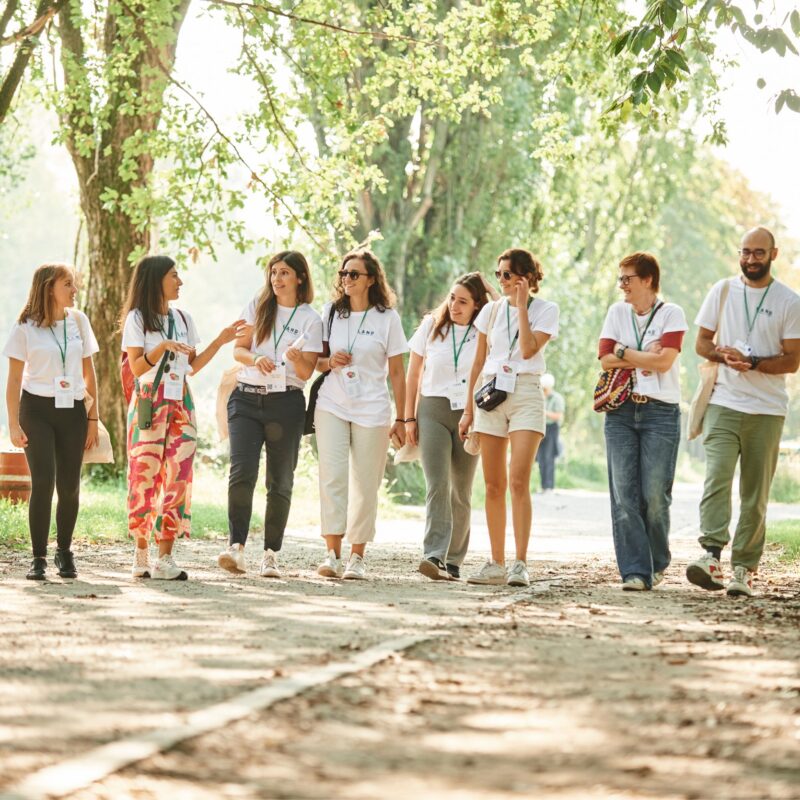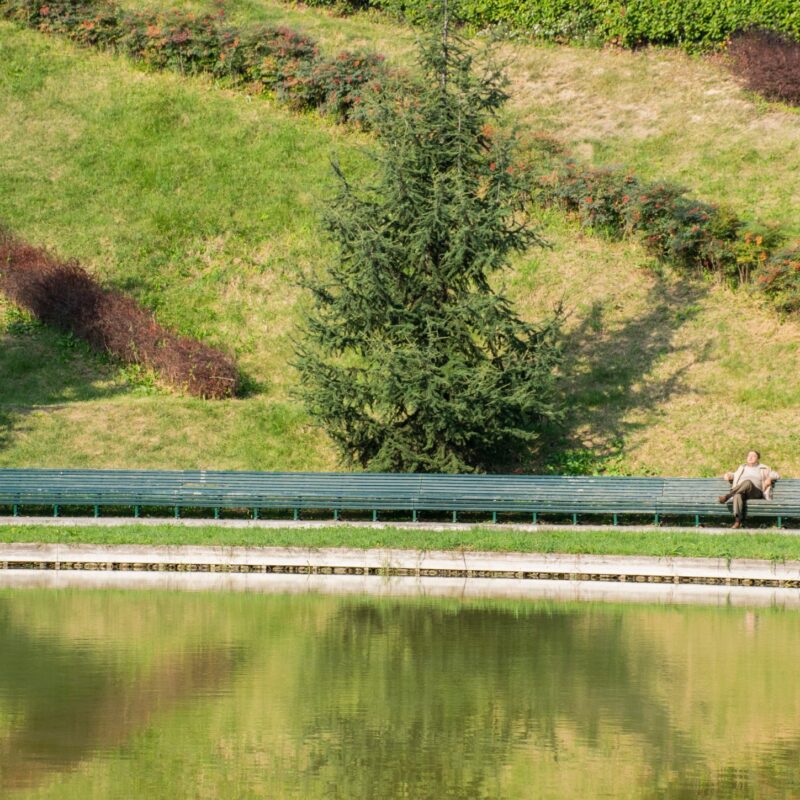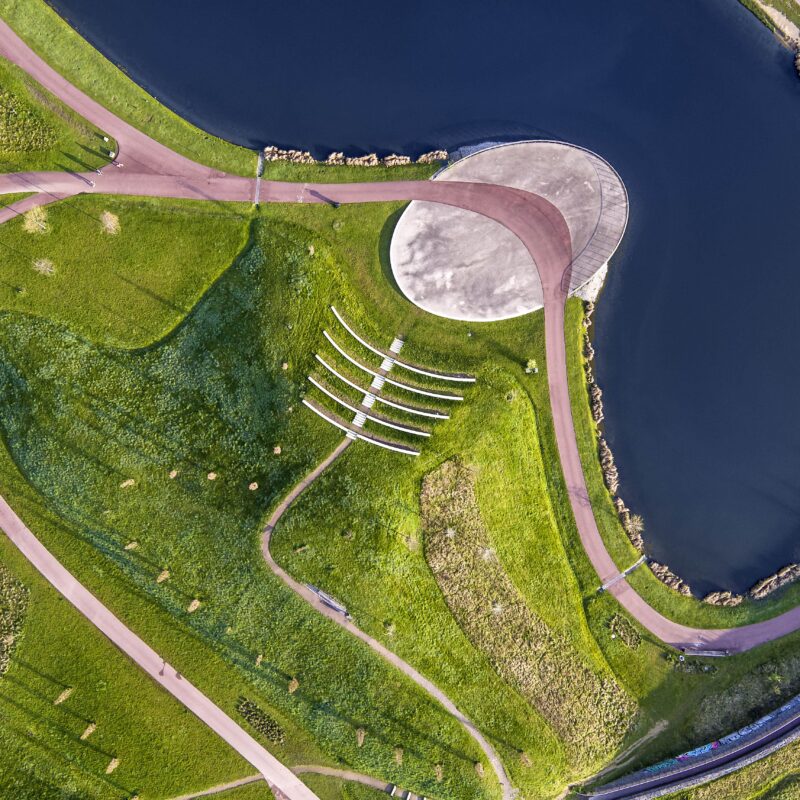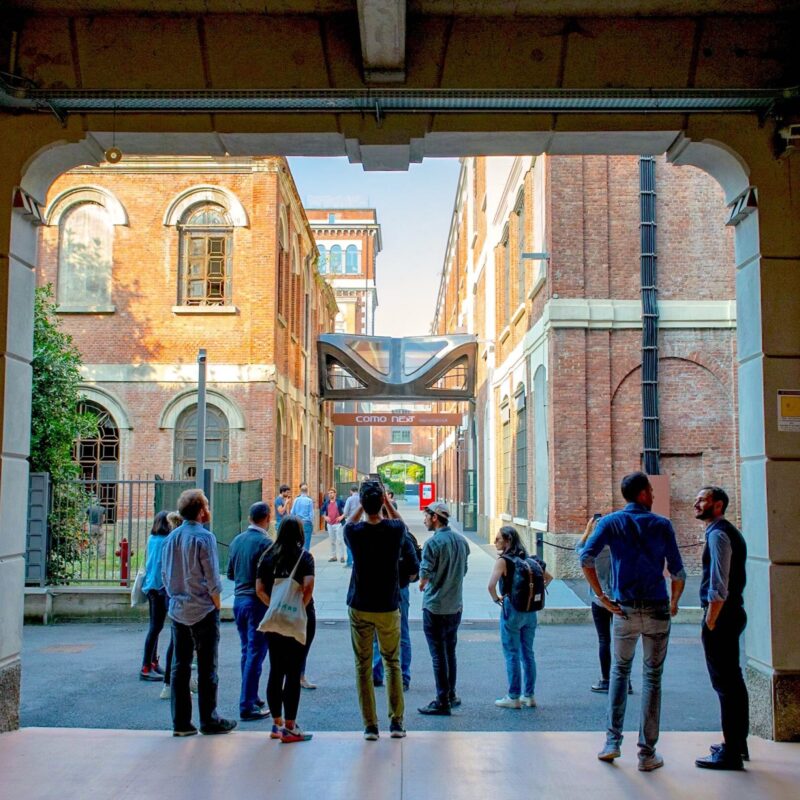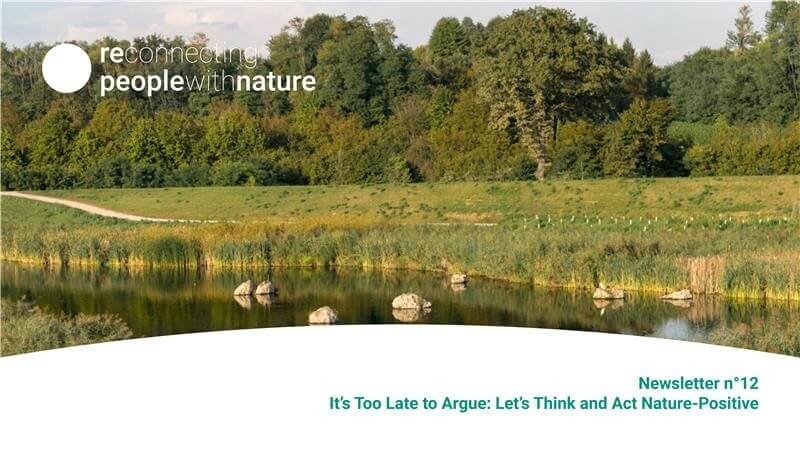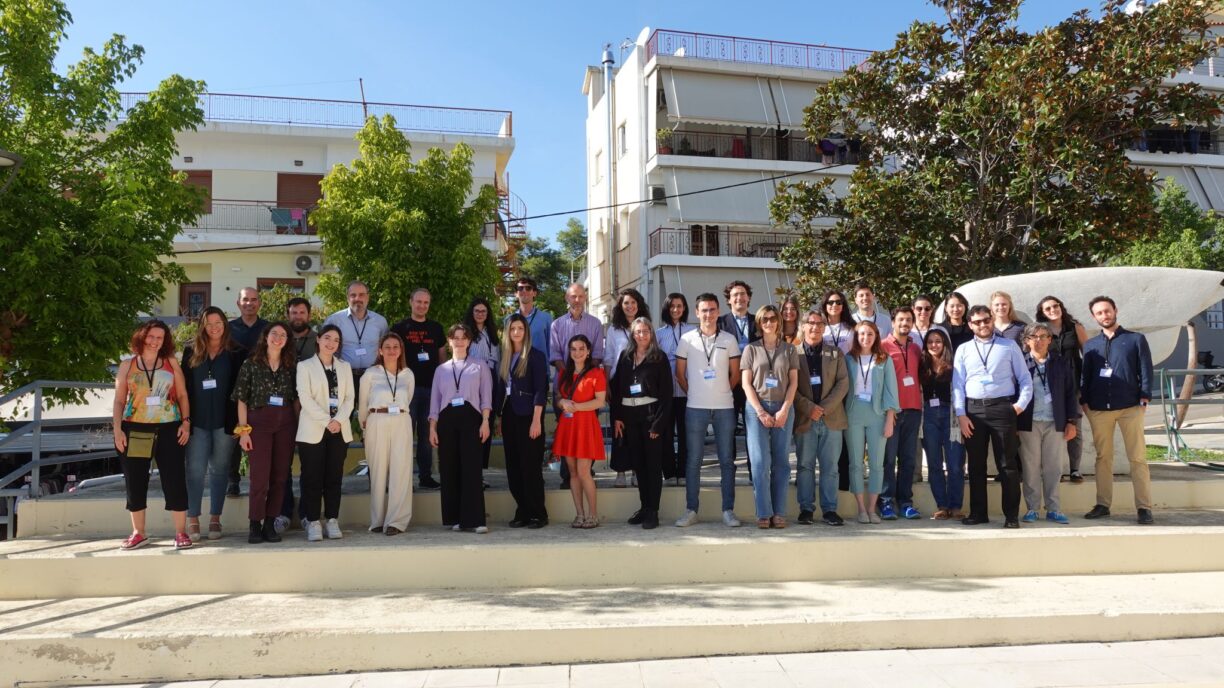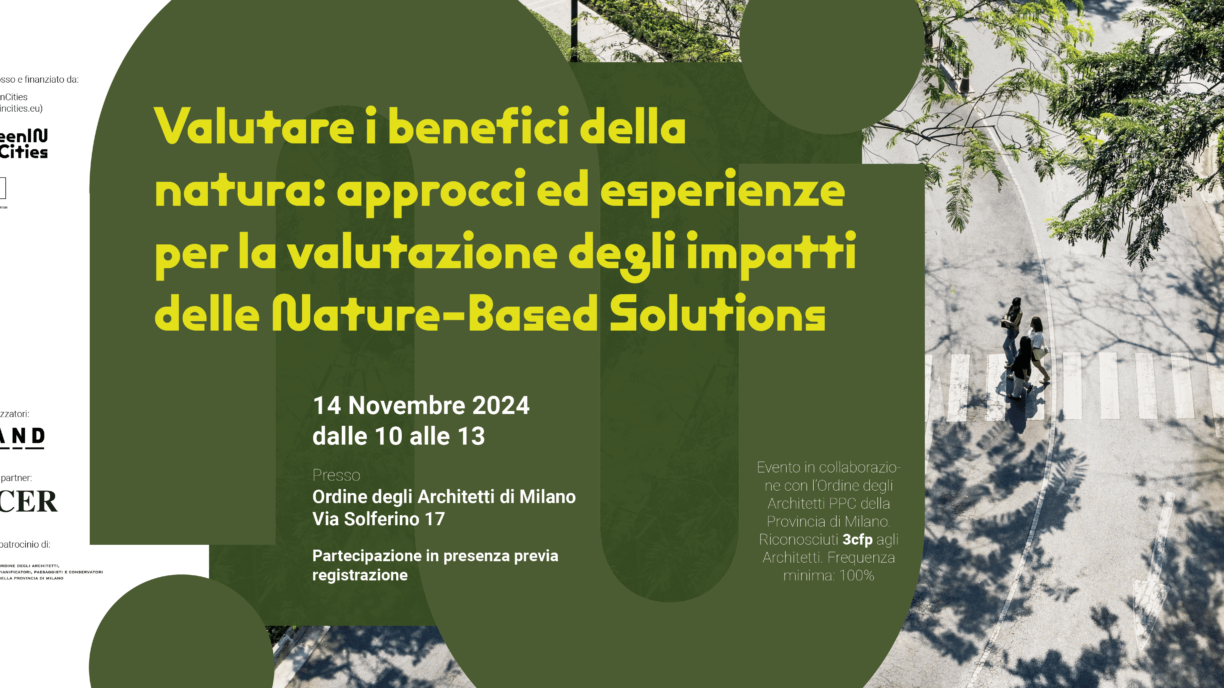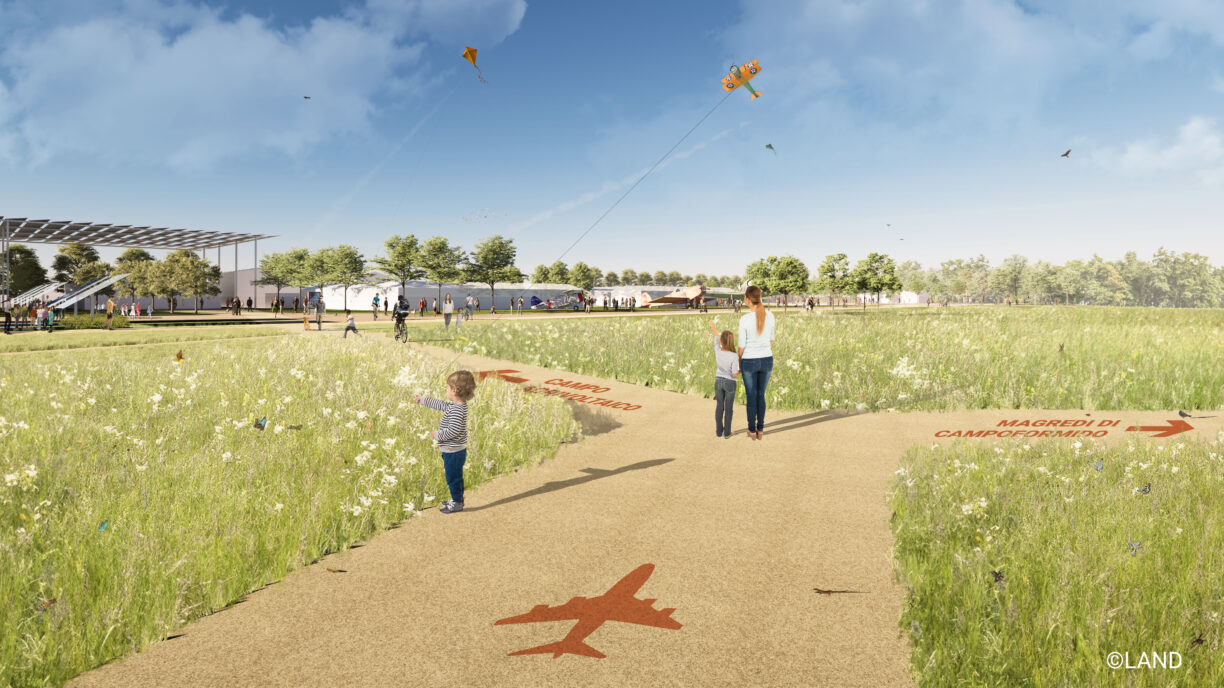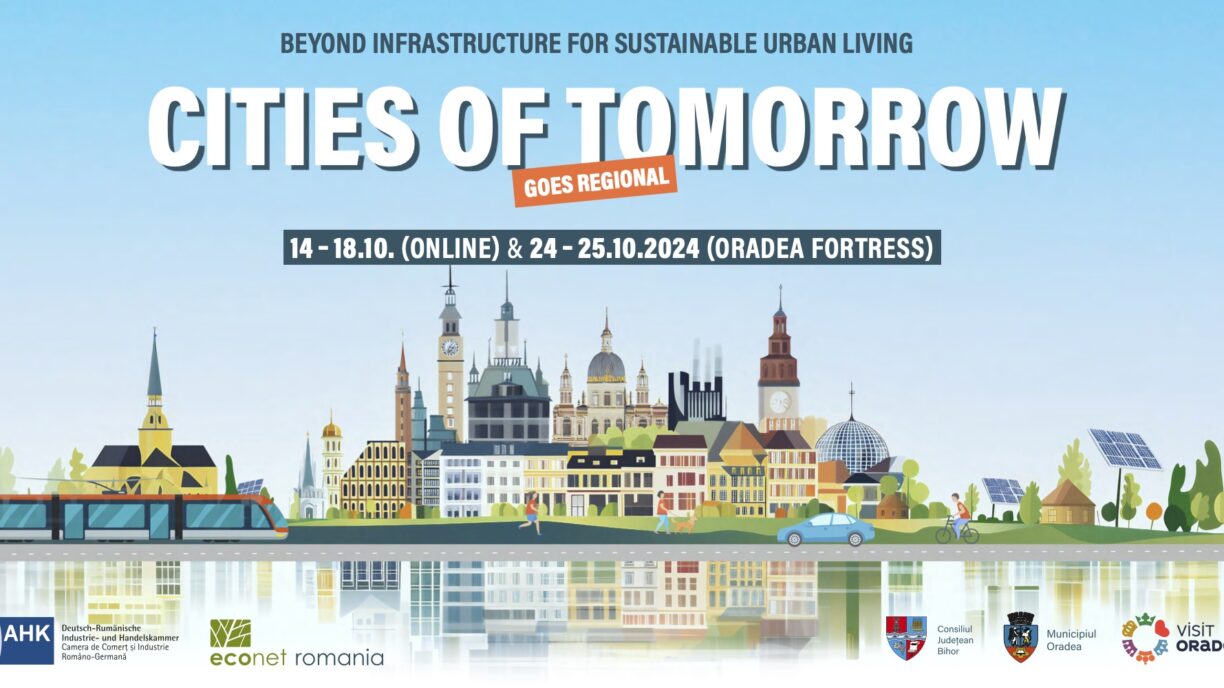
Urban Regeneration in Harmony with Nature: Andreas Kipar's Vision for a Sustainable Future
Andreas Kipar shares his insights on the essential role of nature in urban planning. Featured in Corriere Economia's special section, L'economia del futuro, the interview explores how urban regeneration today must be rooted in nature-based solutions.
In a timely and thought-provoking interview with Corriere della Sera’s Elena Comelli, Andreas Kipar shares his insights on the essential role of nature in urban planning, a message made all the more relevant in the wake of recent climate-driven catastrophes like the floods in Spain. “Time is running out,” Kipar warns. “We have created huge imbalances, and correcting them is difficult. In the age of industrialisation, we learned to dominate nature by heavy means, and now we have to give it back some space. The time of transition is always very extreme, and everything seems to happen too fast, but I am convinced that once we establish the foundations for this new way of living, more in harmony with nature, we will regain balance. However, now is not the time to take it easy; on the contrary, we need to speed up.”
As Kipar highlights, “By now, nature gets its place in any urban planning project; without nature, funding is no longer forthcoming.” His words underscore the growing recognition of nature as an invaluable asset that enhances the quality of life and strengthens the economic foundation of urban development projects.
Featured in Corriere Economia’s special section, L’economia del futuro, the interview explores how urban regeneration today must be rooted in Nature-Based Solutions. Kipar discusses his participation in the World Economic Forum‘s Nature-Positive Cities task force and the promising directions outlined by the European Nature Restoration Law. These initiatives underscore the global shift towards incorporating green spaces in urban development, fostering environments where nature is not an afterthought but a vital element of planning.
From Turin to Rome, the cities where LAND operates are poised to become models of balanced, nature-integrated lifestyles. Cities are actively working to restore their connection with nature, particularly with rivers—historically the drivers of urban growth and development. No longer just waterways for transport, rivers are being reimagined as vibrant community spaces. This approach invites us to rethink urban landscapes, creating cities that align with the rhythms of nature and actively contribute to ecological transition. By integrating nature more deeply into urban planning, cities can stimulate local economies and build safer, more resilient environments to face the challenges of the climate crisis.
You can read the article (in Italian) here.
